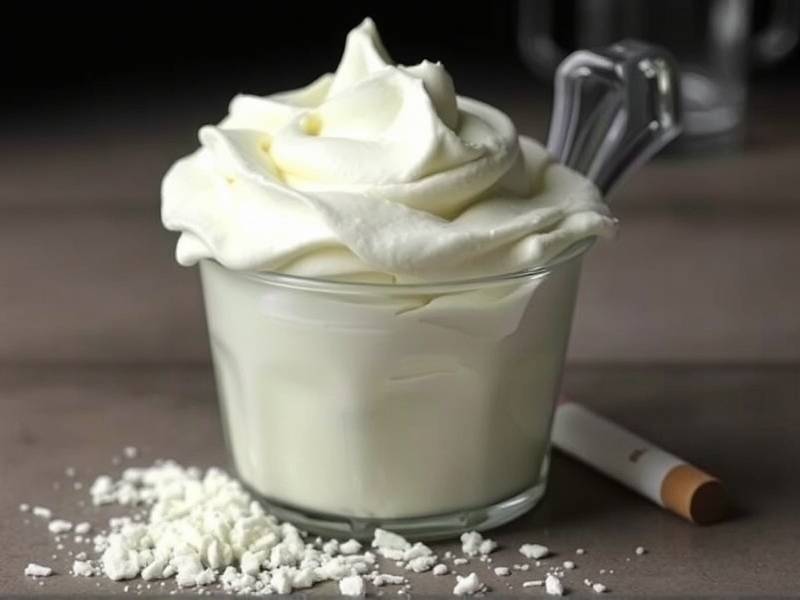Is Cream of Tartar Good for Quitting Smoking? A Comprehensive Guide
Is Cream of Tartar Good for Quitting Smoking? A Comprehensive Guide
Introduction: Quitting smoking is a challenging endeavor, with many individuals seeking alternative methods to overcome nicotine addiction. One such unconventional method is the use of cream of tartar. This article aims to provide a comprehensive guide on whether cream of tartar can be beneficial in quitting smoking, exploring its potential benefits, risks, and scientific evidence.
-
Understanding Cream of Tartar: Cream of tartar, also known as potassium bitartrate, is a crystalline powder commonly used as a leavening agent in baking. It is derived from the tartaric acid found in grapes and has various culinary and industrial applications.

-
The Claim: Can Cream of Tartar Help Quit Smoking? The idea behind using cream of tartar for quitting smoking is that it may help alleviate withdrawal symptoms and reduce nicotine cravings. However, scientific evidence supporting this claim is limited.
-
Potential Benefits: a) Alleviating Withdrawal Symptoms: Some individuals believe that cream of tartar can help alleviate withdrawal symptoms such as irritability, anxiety, and restlessness. However, there is no conclusive evidence to support this claim.
b) Reducing Nicotine Cravings: Similarly, there is no substantial scientific evidence suggesting that cream of tartar can effectively reduce nicotine cravings.

- Risks and Considerations: a) Lack of Scientific Evidence: As mentioned earlier, the use of cream of tartar for quitting smoking lacks robust scientific evidence. Therefore, it cannot be considered a reliable or effective method for overcoming nicotine addiction.
b) Potential Side Effects: While cream of tartar is generally safe for culinary purposes, consuming excessive amounts can lead to side effects such as nausea, diarrhea, and stomach pain.
- Alternative Methods for Quitting Smoking: Instead of relying on unproven methods like cream of tartar, it is advisable to explore well-researched and scientifically-backed strategies for quitting smoking:
a) Nicotine Replacement Therapy (NRT): NRT involves using nicotine-containing products like gum, patches, lozenges, or inhalers to help alleviate withdrawal symptoms and reduce cravings.
b) Behavioral Therapies: Behavioral therapies such as cognitive-behavioral therapy (CBT) or motivational interviewing (MI) can assist individuals in developing coping strategies and addressing underlying factors contributing to their smoking habit.
c) Medications: Prescription medications like varenicline (Chantix) or bupropion (Zyban) have been shown to increase the chances of successful quitting by reducing withdrawal symptoms and cravings.
Conclusion: While some individuals may believe that cream of tartar can aid in quitting smoking by alleviating withdrawal symptoms or reducing cravings, there is a lack of scientific evidence supporting these claims. It is essential to focus on well-established methods like NRT, behavioral therapies, and medications for successful smoking cessation. Always consult with healthcare professionals before trying any new quit-smoking techniques or supplements.
